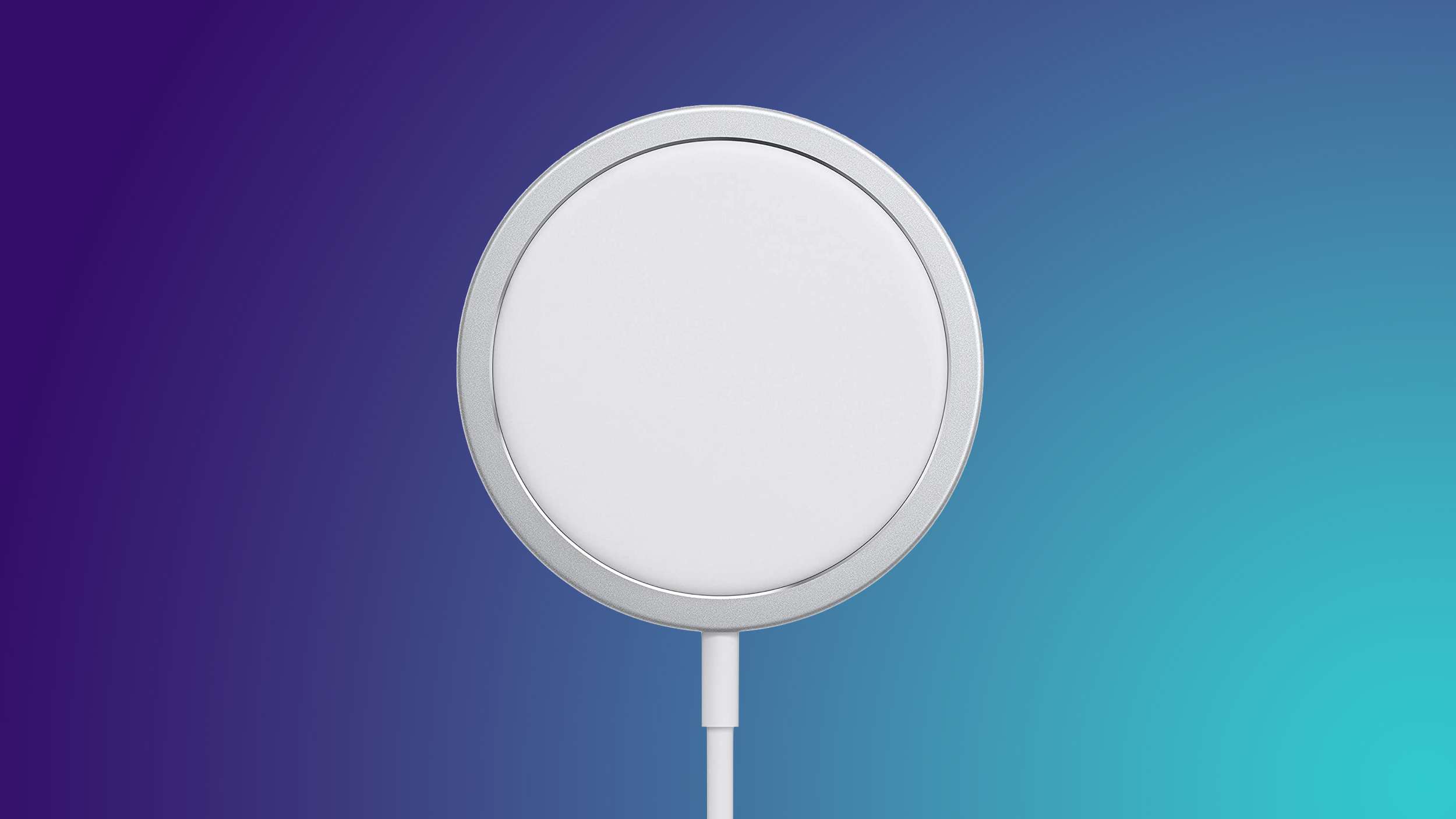Next-generation Qi2 chargers from Anker will charge the iPhone 13, iPhone 14, and iPhone 15 at faster 15W speeds, Anker told The Verge. Current Qi-based chargers from companies like Anker are limited to 7.5W when used with Apple's iPhones, while MagSafe chargers support 15W charging.

While Qi2 has the same magnetic alignment that MagSafe offers, Apple has not provided details on the Qi2 charging speeds that the iPhone will support. During the introduction of the iPhone 15 and iPhone 15 Pro models, Apple said they support Qi2, but the technical specifications page for the devices says that Qi wireless charging is limited to 7.5W.
Apple has not confirmed 15W charging speeds with Qi2, nor have other manufacturers working on Qi2 provided specific charging speeds, but if Anker's upcoming Qi2 chargers work at 15W, other wireless chargers will likely have the same maximum speed.
The iPhone 15 models have had Qi2 support since they launched, and with the iOS 17.2 that's coming soon, Apple is adding Qi2 support to the iPhone 13 and iPhone 14 models.
If Qi2 does support actual 15W charging speeds on the iPhone similar to MagSafe, the certification could help clear up some confusing with existing magnetic wireless chargers. Current Qi-based chargers that have magnets are still limited to 7.5W charging, but manufacturers often like to say that they support up to 15W because other non-iPhone smartphones are able to charge at those speeds.
The first Qi2 chargers are expected in late 2023, and brands like Belkin, Mophie, and Anker have already announced new Qi2 products.
This article, "Anker's Qi2 Chargers Will Charge iPhones at 15W" first appeared on MacRumors.com
Discuss this article in our forums
Source: TechRadar

While Qi2 has the same magnetic alignment that MagSafe offers, Apple has not provided details on the Qi2 charging speeds that the iPhone will support. During the introduction of the iPhone 15 and iPhone 15 Pro models, Apple said they support Qi2, but the technical specifications page for the devices says that Qi wireless charging is limited to 7.5W.
Anker spokesperson Mary Woodbury confirmed in an email to The Verge that, unlike older Qi products that were limited to half-speed 7.5W charging with iPhones, the new MagGo products can support 15W charging, the same maximum rate you get with Apple's MagSafe-branded gear.
Apple has not confirmed 15W charging speeds with Qi2, nor have other manufacturers working on Qi2 provided specific charging speeds, but if Anker's upcoming Qi2 chargers work at 15W, other wireless chargers will likely have the same maximum speed.
The iPhone 15 models have had Qi2 support since they launched, and with the iOS 17.2 that's coming soon, Apple is adding Qi2 support to the iPhone 13 and iPhone 14 models.
If Qi2 does support actual 15W charging speeds on the iPhone similar to MagSafe, the certification could help clear up some confusing with existing magnetic wireless chargers. Current Qi-based chargers that have magnets are still limited to 7.5W charging, but manufacturers often like to say that they support up to 15W because other non-iPhone smartphones are able to charge at those speeds.
The first Qi2 chargers are expected in late 2023, and brands like Belkin, Mophie, and Anker have already announced new Qi2 products.
This article, "Anker's Qi2 Chargers Will Charge iPhones at 15W" first appeared on MacRumors.com
Discuss this article in our forums
Source: TechRadar